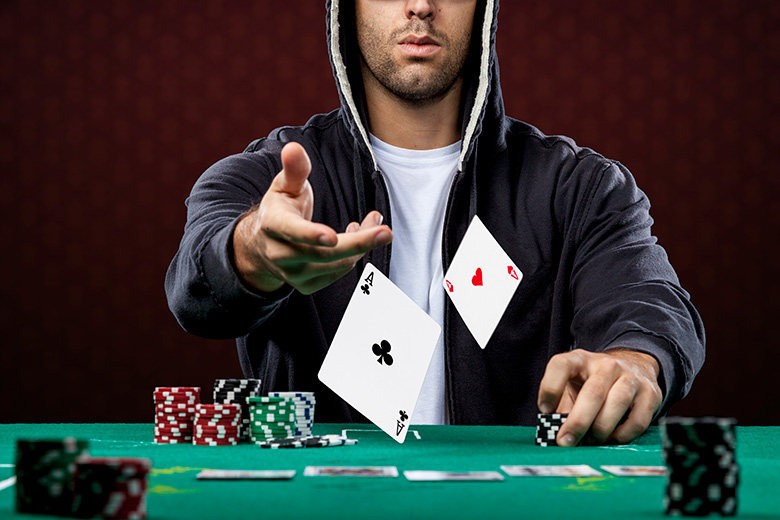- Empty cart.
- Continue Shopping
How to Recognize and Address Gambling Addiction

Gambling can be a fun recreational activity for many, but for some, it can turn into a debilitating addiction with severe consequences for their personal and financial well-being. Recognizing and addressing gambling addiction is crucial for recovery and long-term health.
Recognizing the Signs of Gambling Addiction
Behavioral Indicators
- Preoccupation with Gambling: Constantly thinking about past gambling experiences and planning future ones.
- Increasing Bets: The need to gamble with increasing amounts of money to achieve the desired excitement.
- Failed Attempts to Quit: Repeated unsuccessful efforts to control, cut back, or stop gambling.
Emotional Symptoms
- Restlessness or Irritability: Feeling uneasy or irritable when trying to cut down on gambling.
- Escapism: Using gambling to escape from problems or to relieve feelings of helplessness, guilt, or depression.
Financial Red Flags
- Chasing Losses: Trying to win back lost money by gambling more.
- Financial Strain: Borrowing money or selling possessions to fund gambling.
Addressing the Issue
Self-Assessment
The first step in addressing gambling addiction is acknowledging the problem. Self-assessment tools are available online to help you determine if you have a gambling problem.
Seek Professional Help
- Counseling and Therapy: Cognitive Behavioral Therapy (CBT) is one of the most effective forms of treatment for gambling addiction.
- Support Groups: Organizations like Gamblers Anonymous offer peer support.
Involve Loved Ones
Support from family and friends can be invaluable. Open communication can help in creating a supportive environment for recovery.
Financial Planning
- Budgeting: Create a budget to manage debts and expenses.
- Limit Access to Money: Remove or limit access to money to avoid the temptation to gamble.
Preventive Measures
- Self-Exclusion: Many gambling platforms offer self-exclusion options, which can help you stay away from gambling for a set period.
- Educate Yourself: Understanding the risks associated with gambling can serve as a deterrent.
Finaly, recognizing and addressing gambling addiction is essential for a successful recovery and long-term well-being. If you or someone you know is struggling with gambling addiction, it’s crucial to seek professional help and involve loved ones in the recovery process. Financial planning and preventive measures can also aid in recovery. The sooner the issue is addressed, the better the chances for a full recovery








